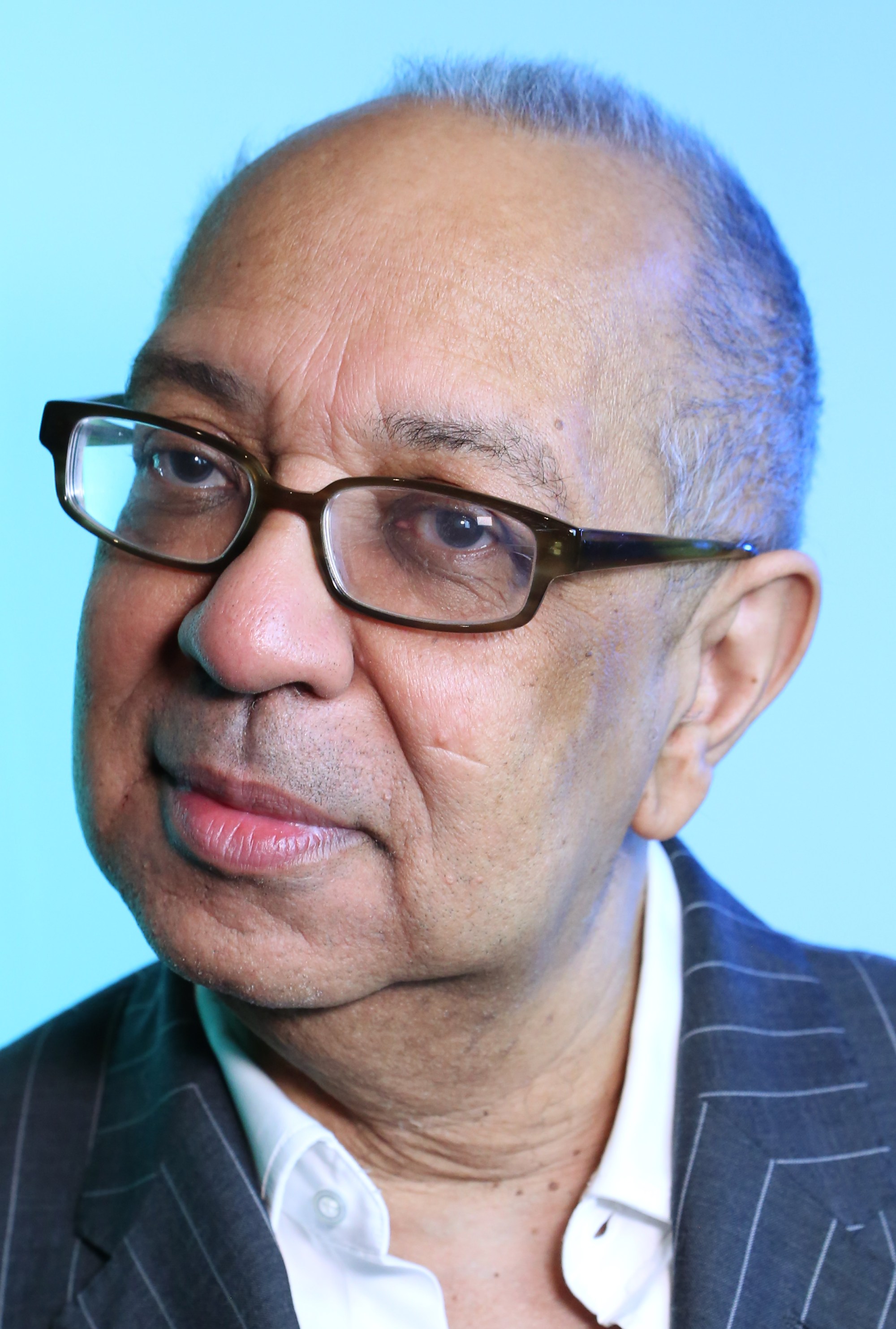
- Interviews
HFPA in Conversation:George C. Wolfe,Mixing Blues, Power and History
Denzel Washington, one of the producers of Ma Rainey’s Black Bottom, asked George C. Wolfe to direct a movie about the legendary blues singer known as the Mother of the Blues, adapting August Wilson’s play. The story takes place in one day in a recording session in 1927 Chicago.
“I saw it when it was first on Broadway in 1984′, he tells HFPA journalist Ana Maria Bahiana. ‘Then, at one point, I had a conversation with Denzel Washington about me directing it. He talked to me about doing it as a film so that was my only orientation”,
Wolfe began to research Chicago in the late 1920s. “It’s really interesting that all the rest of the plays in August Wilson’s canon are set in Pittsburgh, this is the only one that’s set in Chicago. And that’s why I was really fascinated about that. By the 1920s 120,000 black people had moved to Chicago from the South and they were cordoned off in this section, which was called Bronzeville. It was filled with a cultural explosion and lots of job opportunities but also lots of restrictions and rigidity.”
Wolfe wanted to portray Chicago as a character, especially the heat in the summertime and the neighborhoods’ territorial markings. “We wanted to just create this sense of neighborhood and what happens when you show up in a place where you don’t belong.”
At the same time the Tony-winning playwright and director was telling the story of Ma Rainey. “She was an entertainment force who has come to town to record a record and comes from a scenario where she is totally in charge, where she is her own boss, that she comes into contact with the Northern structures where she’s determined to manifest her power and she realizes her power exists in that kind of a concept.”
Listen to the podcast and hear how Viola Davis transformed into Ma Rainey; how was the late Chadwick Boseman’s energy on the set; why the story that takes place in 1927 is still relevant in 2020; when he knew he wanted to be a storyteller; how was his journey from theater to movies; why he studied acting in college but didn’t pursue it as his main career; which of his work he is very proud of; the differences in directing for film and directing for stage; what he likes to read; can art change society and culture? ; whether culture can bounce back from Covid-19; and what’s next for him.

